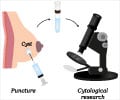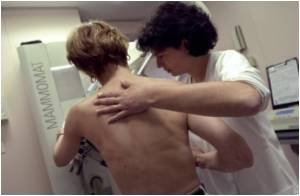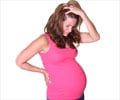OAK BROOK, Ill. – The risk of radiation-induced breast cancer from mammography screening is slight in comparison to the benefit of expected lives saved, according to a new study appearing

Dr. Yaffe and his colleague, James G. Mainprize, Ph.D., developed a model for estimating the risk of radiation-induced breast cancer following exposure of the breast to ionizing radiation from various screening mammography scenarios and estimated the potential number of breast cancers, fatal breast cancers, and years of life lost attributable to mammography screening.
Using a radiation dose estimate of 3.7 milligrays (mGy), which is typical for digital mammography, and a cohort of 100,000 women, the researchers applied the risk model to predict the number of radiation-induced breast cancers attributable to a single examination and then extended the model to various screening scenarios beginning and ending at different ages.
The results showed that in 100,000 women, each receiving a dose of 3.7 mGy to both breasts, annual screening from age 40 to 55 years and biennial screening thereafter to age 74 years would result in 86 radiation-induced cancers, including 11 fatal cancers, and 136 life years lost.
Conversely, for the same cohort it was estimated that 497 lives and 10,670 life years would be saved by earlier detection.
"The predicted risk of radiation-induced breast cancer from mammography screening is low in terms of the numbers of cancers induced, the number of potential deaths, and the number of years of life lost," Dr. Yaffe said. "For women over 40, the expected benefits afforded by routine screening in terms of lives saved or years of life saved greatly exceeds this risk. For these women, radiation risk should not be a deterrent from screening."
Advertisement
Source-Eurekalert














